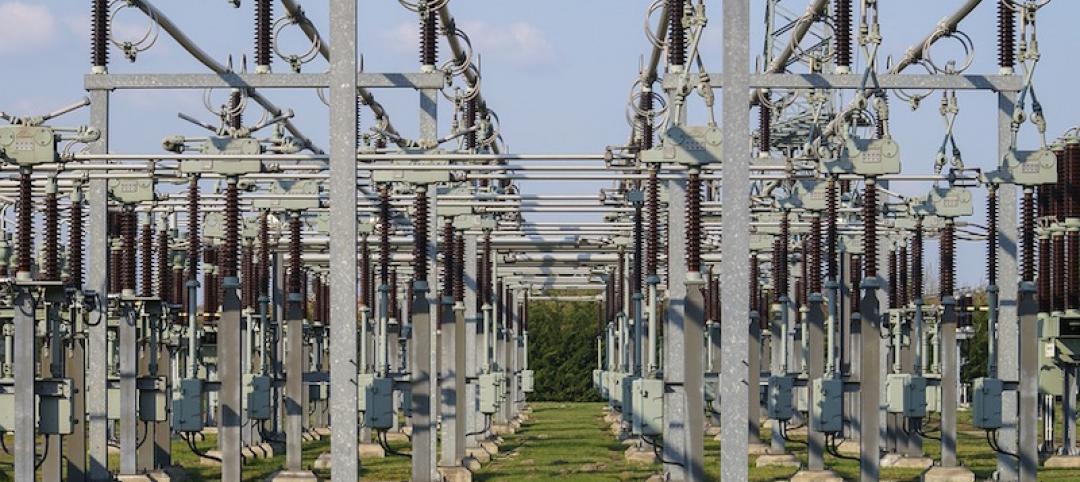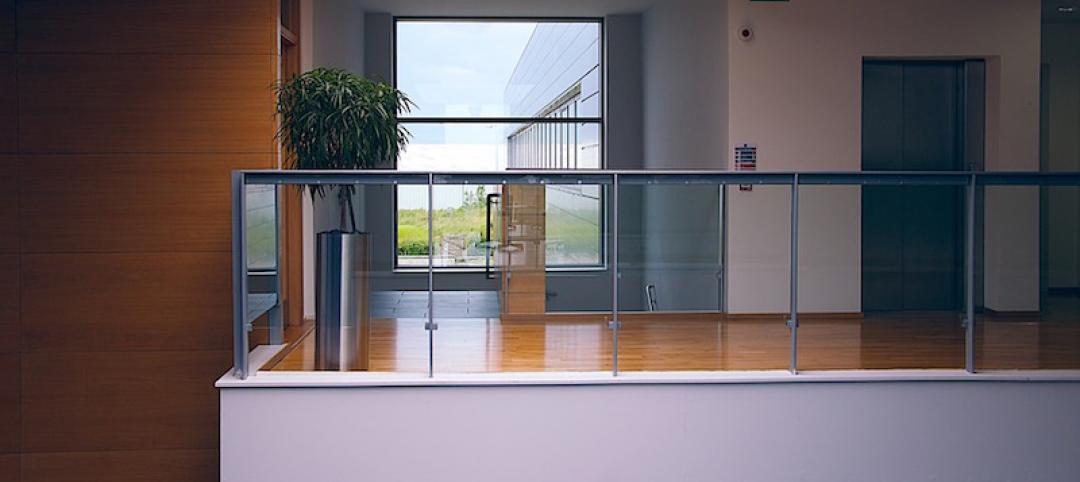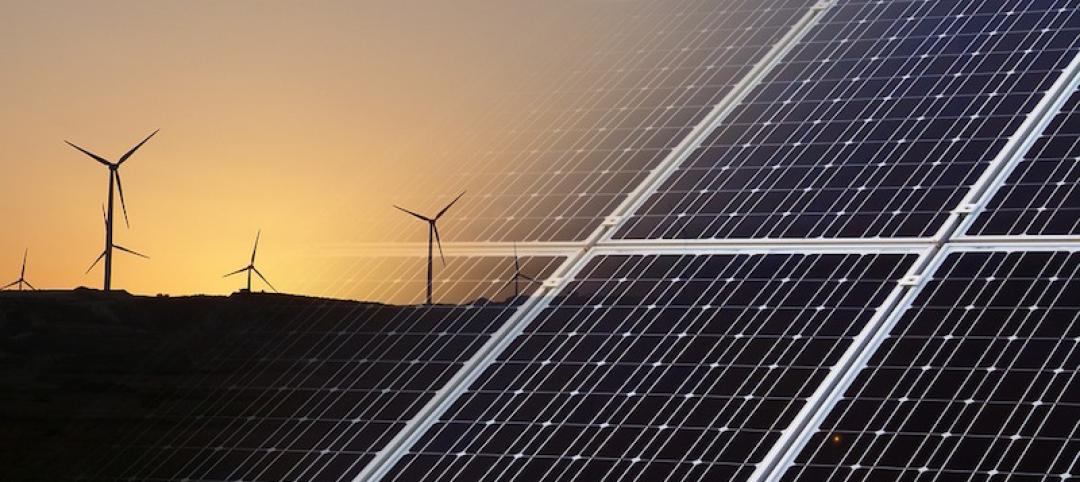The Washington D.C. Council recently passed legislation that will make it more expensive for owners to hold vacant or blighted property.
The Vacant Property Enforcement Act of 2016 reduces the maximum amount of time a vacant property can qualify for an exemption from higher vacancy tax rates. It also closes a loophole that allows continuous renewal of construction permits to qualify for tax exemptions, and require owners of vacant properties to prove they are no longer subject to the higher tax rates.
"The District has a substantial number of vacant properties, many of which are poorly maintained,” the bill report says. "Property owners may keep their properties vacant or fail to maintain them because they expect property values to rise over time. Poorly maintained and vacant properties can damage surrounding communities by being eyesores, by serving a venue for drug use and by providing a home for rodents or other animals. The net effect is to reduce the feeling of a cohesive community and depress surrounding property values."
The legislation reduces the time an owner can claim an exemption from higher taxes because of construction to one year for residential properties and to two years for commercial properties. Fines for failing to comply with city property regulations will rise from $1,000 to $5,000.
Related Stories
Codes and Standards | Mar 14, 2018
New parking lighting technology is paying off, Energy Dept. says
Newer products can cut energy costs by as much as 70%.
Codes and Standards | Mar 13, 2018
OSHA delays enforcement of beryllium exposure rule
The Occupational Safety and Health Administration (OSHA) voted to delay new beryllium exposure rules until May 11.
Codes and Standards | Mar 12, 2018
L.A. mayor proposes mandatory seismic retrofits for steel buildings, daycare centers, private schools
Los Angeles Mayor Eric Garcetti has proposed a seismic retrofit requirement for vulnerable steel buildings built before the 1994 Northridge earthquake.
Codes and Standards | Mar 8, 2018
Net zero commercial building trend shows strong momentum
Almost 50% more zero energy commercial buildings under construction in 2017.
Codes and Standards | Mar 7, 2018
Dept. of Energy says 2016 ANSI/ASHRAE/IES Standard 90.1 would save 8.2% of energy costs
Favorable comparison to 2013 standard for commercial buildings.
Codes and Standards | Mar 6, 2018
Well Living Lab launches extensive study on how indoor environments affect people’s lives
Factors that impact health, performance, stress and resiliency, sleep, and comfort to be scrutinized.
Codes and Standards | Mar 5, 2018
New guide helps planners assess innovation districts
The document is designed to aid in targeting resources toward innovative and inclusive economic development based on an area’s unique strengths and challenges.
Codes and Standards | Mar 1, 2018
Net zero commercial building trend shows strong momentum
Almost 50% more zero energy commercial buildings under construction in 2017.
Codes and Standards | Feb 28, 2018
AEC industry reported high levels of fraud, cyber breaches, and security incidents in 2017
83% experienced at least one fraud incident.
Codes and Standards | Feb 27, 2018
Smart surface solutions can improve disaster resilience, health and comfort in cities
Stormwater management, water quality, and heat island effect could all be impacted.

















